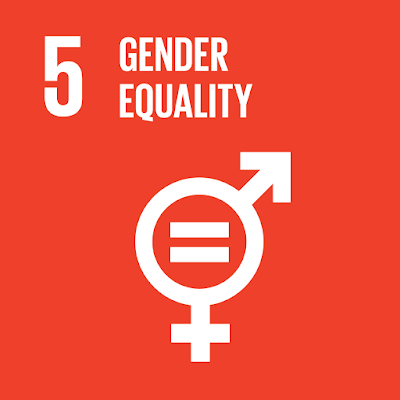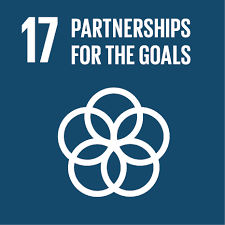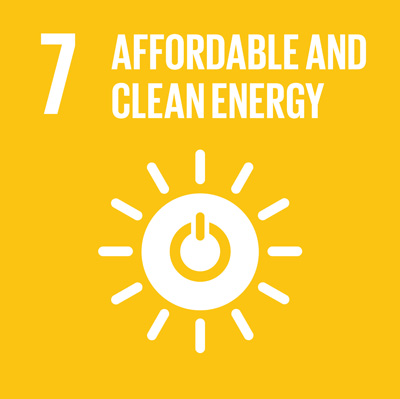Sustainable Development Goal 5: Achieve gender equality and empower all women and girls
Gender equality is a fundamental and inviolable human right. Women’s and girls’ empowerment is an essential factor in expanding economic growth, promoting social development and enhancing business performance. The full incorporation of women’s capacities into labor forces would add percentage points to most national growth rates, to be specific, double digits in many cases.
Further, investing in women’s empowerment produces the double dividend of benefiting women and children, and is pivotal to the health and social development of families, communities and nations.
Empowering women and girls and achieving gender equality requires the concerted efforts of all stakeholders, including business.
All companies have baseline responsibilities to respect human rights, including the rights of women and girls. Beyond these baseline responsibilities, companies also have the opportunity to support the empowerment of women and girls through core business, social investment, public policy engagement and partnerships.
As the engine for 90 percent of jobs in developing countries, technological innovation, capital creation and investment, responsible business is critical to the advancement of women’s and girls’ empowerment around the world.
With a growing business case, private sector leaders are increasingly developing and adapting policies and practices, and implementing cutting edge initiatives, to advance women’s empowerment within their workplaces, marketplaces and communities.
The launch of the SDGs provides a tremendous opportunity for companies to further align their strategies and operations with global priorities by mainstreaming gender equality into all areas of corporate sustainability and systematically and strategically scaling up actions which support the development and livelihoods of women and girls.
Squarely, we can celebrate the great progress the world has made in becoming more prosperous and fair. But there’s a shadow to the celebration. In just about every way, women and girls lag behind. There are still gross inequalities in work and wages, lots of unpaid “women’s work” such as child care and domestic work, and discrimination in public decision-making.
But there are grounds for hope. More girls are in school now compared to in 2000. Most regions have reached gender parity in primary education. The percentage of women getting paid for their work is on the rise. The Sustainable Development Goals aim to build on these achievements to ensure that there is an end to discrimination against women and girls everywhere.
Key themes addressed by this SDG include: Equal remuneration for women and men, diversity and equal opportunity, access to sexual and reproductive health-care services, workplace violence and harassment, women in leadership and childcare services and benefits.
Key actions and solutions are: ensure sufficient participation of women – 30% or greater – in decision-making and governance at all levels and across all business areas, pay equal remuneration, including benefits, for work of equal value and strive to pay a living wage to all women and men and support access to child and dependent care by providing services, resources and information to both women and men.
Others include: establishment of a zero-tolerance policy towards all forms of violence at work, including verbal/ and/ or physical abuse and prevent sexual harassment and expansion of business relationships with women-owned enterprises, including small businesses and women entrepreneurs.
Targets and Indicators
5.1 End all forms of discrimination against all women and girls everywhere.
Whether or not legal frameworks are in place to promote, enforce and monitor equality and non-discrimination on the basis of sex.
5.2 Eliminate all forms of violence against all women and girls in the public and private spheres, including trafficking and sexual and other types of exploitation
Proportion of ever-partnered women and girls aged 15 years and older subjected to physical, sexual or psychological violence by a current or former intimate partner in the previous 12 months, by form of violence and by age
Proportion of women and girls aged 15 years and older subjected to sexual violence by persons other than an intimate partner in the previous 12 months, by age and place of occurrence.
5.3 Eliminate all harmful practices, such as child, early and forced marriage and female genital mutilation
Proportion of women aged 20-24 years who were married or in a union before age 15 and before age 18
Proportion of girls and women aged 15-49 years who have undergone female genital mutilation/cutting, by age.
5.4 Recognize and value unpaid care and domestic work through the provision of public services, infrastructure and social protection policies and the promotion of shared responsibility within the household and the family as nationally appropriate
Proportion of time spent on unpaid domestic and care work, by sex, age and location.
5.5 Ensure women’s full and effective participation and equal opportunities for leadership at all levels of decision-making in political, economic and public life
Proportion of seats held by women in national parliaments and local governments
Proportion of women in managerial positions.
5.6 Ensure universal access to sexual and reproductive health and reproductive rights as agreed in accordance with the Programme of Action of the International Conference on Population and Development and the Beijing Platform for Action and the outcome documents of their review conferences
Proportion of women aged 15-49 years who make their own informed decisions regarding sexual relations, contraceptive use and reproductive health care
Number of countries with laws and regulations that guarantee women aged 15-49 years access to sexual and reproductive health care, information and education.
5.a Undertake reforms to give women equal rights to economic resources, as well as access to ownership and control over land and other forms of property, financial services, inheritance and natural resources, in accordance with national laws.
Proportion of total agricultural population with ownership or secure rights over agricultural land, by sex; and (b) share of women among owners or rights-bearers of agricultural land, by type of tenure
Proportion of countries where the legal framework (including customary law) guarantees women’s equal rights to land ownership and/or control.
5.b Enhance the use of enabling technology, in particular information and communications technology, to promote the empowerment of women
Proportion of individuals who own a mobile telephone, by sex.
5.c Adopt and strengthen sound policies and enforceable legislation for the promotion of gender equality and the empowerment of all women and girls at all levels
Proportion of countries with systems to track and make public allocations for gender equality and women’s empowerment.
Libraries support this goal by providing:
1. Safe and welcoming meeting places.
2. Programmes and services designed to meet the needs of women and girls such as rights and health.
3. Access to information and ICT that help women business skills.
Irrefutably, the gender-responsive implementation of the 2030 Agenda for Sustainable Development presents an enormous opportunity to achieve gender equality, end poverty and hunger, combat inequalities within and among countries, build peaceful, just and inclusive societies, protect and promote human rights, and ensure the lasting protection of the planet and its natural resources.
The SDGs provide an important framework for collective action to achieve gender equality and the empowerment of all women and girls and the realization of their full enjoyment of all human rights. This work requires continued attention to the implementation of outcomes of major United Nations conferences and Summits, including the Beijing Declaration and Platform for Action and the Programme of Action of the International Conference on Population and Development, as well as sustained implementation of international human rights treaties.
Email:haumban@gmail.com




Comments
Post a Comment